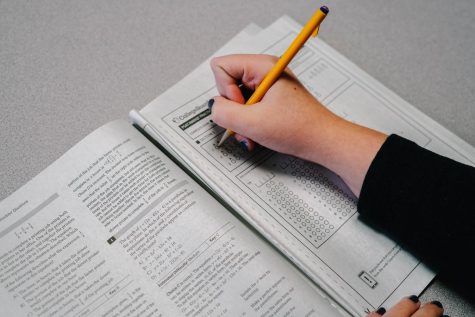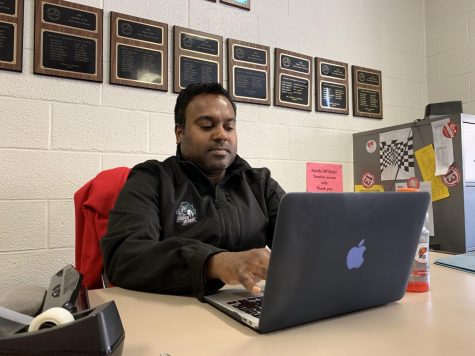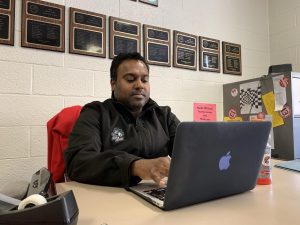ACT makes a change
With changes coming to the ACT, students will need to reconsider how they prep for and take the test.
November 15, 2019
The ever-stressful ACT has made some changes that could significantly reduce the mental pressure that comes with the test. Starting in September 2020, after taking the full ACT test once, students can go back and retake any of the five sections individually in order to improve their Superscore.
Ms. Amanda Anderson, one of the high school counselors at Benilde-St. Margaret’s, recognizes that there could be both positive and negative impacts to this change. “I hope that it means that students will get less stressed about the test, especially the students that get worked up about it. But I also don’t want students to feel like they have to continuously go and take it more so than they do now,” Anderson said.
Usually, students take the five-part test that lasts about three and a half hours. For example, the science test is the fourth test and some students are so worn out by this point that they aren’t at their peak test-taking performance. “Some students are extremely exhausted by the end of the test and can’t concentrate. Once the science section comes around, some students are too drained to focus,” Anderson said.
One thing that the Superscore will do is it will most likely make the average scores go up, and it will look even more impossible to get into some of the top colleges.
— Ms. Amanda Anderson
Now that students are able to study for individual tests, this could inflate scores dramatically. Students could get prep that is more beneficial when it focuses on just a single subject without having the stress of the four other tests on that day. “One thing that the Superscore will do is it will most likely make the average scores go up, and it will look even more impossible to get into some of the top colleges,” Anderson said.
As of September 2020, the ACT can be taken online and the separate section tests can only be taken online. The student still has to take the test on the specific testing date and at a testing center, but they can do it online and get their results back in two days. People who take it with pencil and paper get their scores back in two to eight weeks. “The benefits of online testing really varies from student to student; I think there are portions of the test that could be harder to take online. For example, the math test could be more challenging without physically writing down the work,” Anderson said.
There are two tests that colleges accept, the ACT and the SAT. Both tests compete with one another. According to the New York Times, 2.1 million students take the SAT and 1.9 million students take the ACT. Being able to take separate section tests may be a way to lure more students to choose the ACT over the SAT in an effort to close the gap and increase revenue.
Right now, an ACT test costs $52 and $68 with writing. This adds up quickly, considering that many students are taking the test multiple times. It has not yet been declared how much the individual tests will cost. “The changes are meant to better serve students and spare them unnecessary time taking tests. She said the changes were not taken for the sake of being competitive with SAT or to increase the ACT’s market share,” Mary Michael Pontzer, the vice president at ACT said, in an interview with USA.
The ACT has not clearly communicated the information about the change. The ACT hasn’t been clear on the specifics and high school counselors had to hear about it from the news articles, not from the ACT themselves. As of now, it seems that the ACT is planning on only sending the Superscore to colleges and not offering only the full test. Before this change, some colleges had opted out of test scores anyway. More colleges may start doing this because of the change. “So many more colleges are saying your test score is not what predicts how well you’re going to do in college. They are saying that how you perform on a daily basis, what your teachers say about you, and what classes you take are better representations of your abilities,” Anderson said.
For students, the benefits and costs of this change depend on personal preferences and inclinations. “For the kid who needs to focus on one thing at a time, the change is great for them. For others, it’s going to drive the perfectionistic tendency and need to get their scores up.” Anderson said.































































